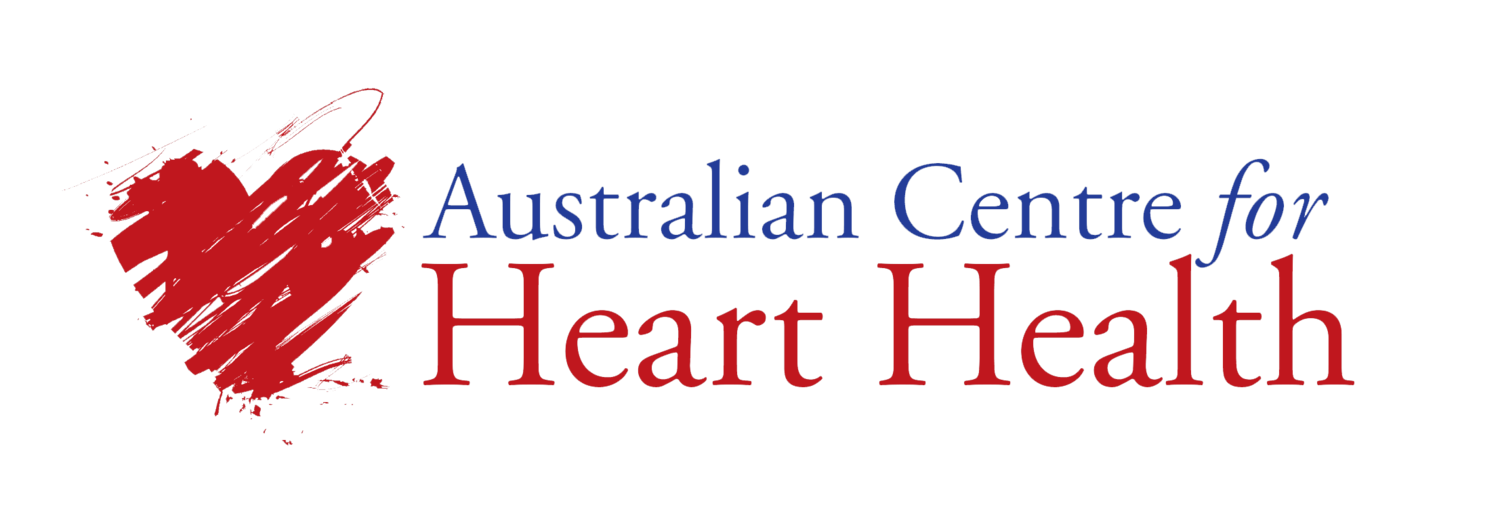Supporting your patients’ emotional recovery
Acute cardiac events, such as acute myocardial infarction (AMI) and coronary artery bypass graft surgery (CABGS), trigger an emotional response for most patients. This emotional response is known as the Cardiac Blues.
Common symptoms of the Cardiac Blues include: loss of interest in usual activities; withdrawal from others; getting tearful and crying easily; being ‘short tempered’; sleep problems; change in appetite; change in sex drive; confusion and forgetfulness; inability to concentrate; bad dreams and nightmares; worry about another heart event; and thoughts about death.
For most people these worries and problems resolve in the first few months after the cardiac event. However, one in five people go on to develop depression. Our research shows that a history of depression or anxiety, social isolation and financial stress are all risk factors for developing depression after a cardiac event.
We know that heart disease confers an increased risk of mental health problems, including anxiety and depression. However, what is less commonly known is that anxiety and depression are risk factors for the development and progression of heart disease. At the Australian Centre for Heart Health we hope to improve awareness of the importance of assessing and treating anxiety and depression in cardiac patients to prevent further events.
Our Cardiac Counselling Clinic provides specialist psychological support for those experiencing Cardiac Blues, anxiety and depression after a cardiac event. For more information on how we can help your patients, please call us on 03 9326 8544.
Training Update
We are very excited to announce that our flagship Cardiac Rehabilitation and Secondary Prevention Training Program is set to return this year after a hiatus in 2020 due to the COVID-19 pandemic. The training program has been re-modelled for hybrid delivery – so you can attend either in person or stream the program live online. The live program will run over 4 days, with an additional day of online learning prior to attendance at the live program.
The live program will run from 8.30am-4pm on 15-18 November at Graduate House in Carlton Victoria. For this year only we are offering the training at the reduced price of $925, which is a discount of 30% off our usual price of $1,400.
The course addresses both theoretical and practice aspects of cardiac rehabilitation and secondary prevention programs. It teaches practical skills to assist metropolitan and rural practitioners to implement, conduct and evaluate their rehabilitation and prevention programs. Sessions are delivered by a multi-disciplinary team of expert facilitators including a cardiologist, nurse, physiotherapist, psychologist, dietitian and social worker. The training attracts 30 hours of CPD points.
Please email us at training@australianhearthealth.org.au for more information or register online.
Research Update
The Centre is continuing to recruit for our Back on Track trial. Back on Track is an online support program designed to assist cardiac patients in their physical and emotional recovery by offering patients support in making healthy lifestyle changes, including increasing physical activity, adopting a healthy eating pattern, quitting smoking, and looking after one’s emotional wellbeing. With increasing waitlists for cardiac rehabilitation programs across the country due to the COVID-19 pandemic, Back on Track is an ideal program for your patients to do while they are waiting to attend cardiac rehab. The program is designed to complement the support provided through cardiac rehab by providing patients with evidence-based behaviour change strategies to help them in making and sustaining lifestyle changes. You can refer your patients to our Back on Track trial through our website.
You may also be aware that in 2019 we conducted a pilot study of a yoga-based CR program for women, run in conjunction with Monash Health and supported through a NHF Vanguard Grant. The pilot program successfully demonstrated that female patients totally enjoyed the yoga-based CR program, and that those who attended showed an extremely high rate of program completion. The results of the program have been published this month in the European Journal of Cardiovascular Nursing – the article can be found at https://academic.oup.com/eurjcn/advance-article-abstract/doi/10.1093/eurjcn/zvab008/6179540




